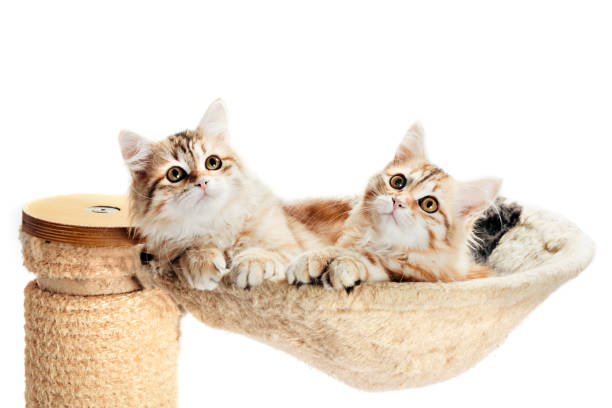Cleaning the Air: Respiratory Health Risks of Cat Litter Boxes
Wiki Article

Cat owners are no strangers to the day-to-day chore of scooping out their furry pal's litter box. It's a routine job that's often neglected, yet essential for keeping a clean and healthy environment for both felines and their human companions. Nevertheless, what lots of animal owners might not realize is that there are surprise health risks associated with the litter box that can present dangers to both people and cats alike. From respiratory issues to parasitic infections, the litter box can harbor a variety of threats that require cautious attention and management.
Among the most common health dangers related to the litter box is respiratory problems. Cat litter, especially clay-based varieties, can include great dust particles that become airborne when interrupted throughout scooping or when cats dig in the litter. These dust particles can be inhaled by both felines and human beings, causing respiratory irritation and intensifying conditions such as asthma or allergic reactions. In some cases, prolonged exposure to litter dust can even trigger more extreme breathing problems in both cats and their owners.
To lessen breathing threats, it's essential to select low-dust or dust-free litter choices and to scoop the litter box in a well-ventilated location. Using a dust mask while cleaning up the litter box can likewise assist reduce exposure to airborne particles, particularly for individuals with respiratory level of sensitivities.
Another substantial health threat related to the litter box is the capacity for parasitic infections, particularly from Toxoplasma gondii, a common parasite found in cat feces. While many healthy individuals may not experience symptoms if infected, pregnant women and individuals with weakened immune systems are at higher danger of developing serious problems, including birth problems and neurological disorders.
To lessen the danger of parasitic infections, pregnant ladies must avoid cleaning the litter box entirely and delegate this task to another household member. Additionally, all people need to practice excellent health routines, consisting of cleaning hands thoroughly after handling the litter box or coming into contact with cat feces, to reduce the threat of transmission.
Lots of business feline litters include chemicals and additives that can present health dangers to both cats and humans. For example, some fragrant litters might include fragrances or essential oils that can aggravate delicate respiratory systems or trigger allergies. In addition, clumping litters frequently contain salt bentonite, a clay material that can expand when consumed, causing gastrointestinal blockages if taken in by felines.
To reduce chemical exposure, select odorless or naturally-scented litters made cat litter from naturally degradable materials such as paper, wood, or plant-based options. These environmentally friendly choices are not only more secure for your cat's health but likewise better for the environment.
The litter box environment provides a perfect breeding ground for bacteria, consisting of possibly harmful pathogens such as E. coli and Salmonella. These germs can pollute the litter box and surrounding locations, increasing the danger of infection for both cats and human beings. Cats can contract bacterial infections through direct contact with infected litter or by consuming fecal matter throughout grooming, while humans can end up being infected through automatic cat litter box contact with infected surfaces or poorly cleaned hands.
To reduce the danger of bacterial contamination, it's important to clean up the litter box routinely utilizing hot water and moderate detergent, in addition to to disinfect the surrounding location to Self Cleaning Litter Boxes prevent the spread of germs. Additionally, practicing great hand health, consisting of washing hands thoroughly after handling the litter box or entering contact with feline feces, can help lessen the threat of bacterial transmission.
While the litter box may seem like an ordinary aspect of feline ownership, it's vital to recognize the possible health risks related to this seemingly innocuous component. From respiratory problems to parasitic infections and bacterial contamination, the litter box can harbor a range of risks that need careful attention and management. By taking proactive steps to decrease exposure to these dangers, feline owners can create a much safer and much healthier environment for both their feline companions and themselves.